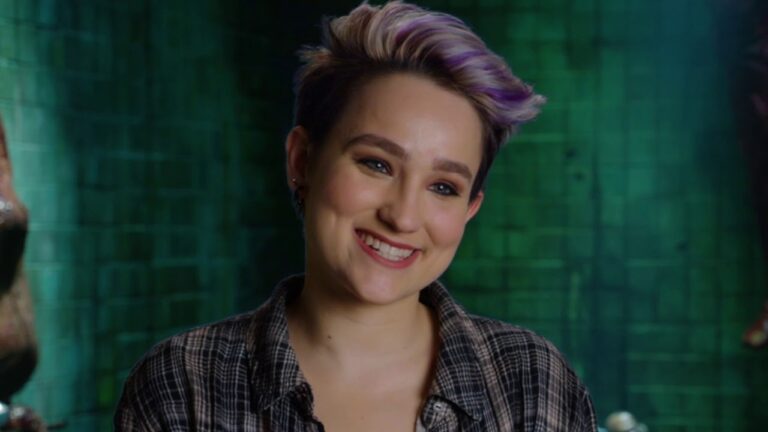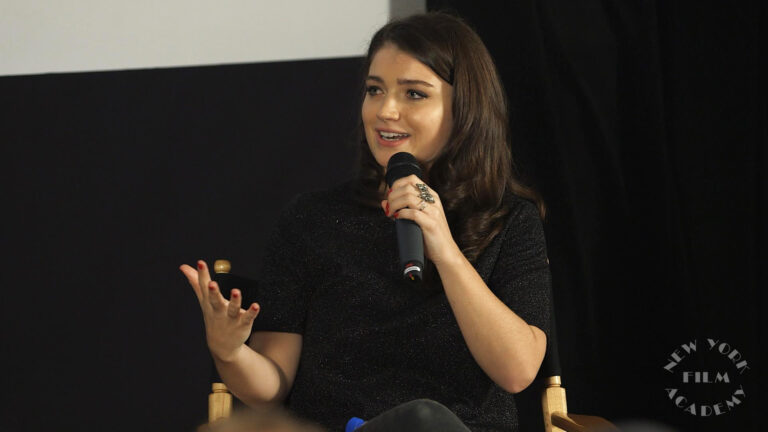Learn How to Design a Video Game at NYFA
The most successful game designers are avid players themselves, excelling in creativity, artistic expression, and play. In NYFA’s video game design camps for teens, students aged 14-17 learn these essential skills and start their journey to become tomorrow’s developers. From day one at NYFA, students are immersed in the study and practice of games, and learn what makes great games. During the camp, students use this knowledge to lay the groundwork to create a video game of their own.
NYFA’s game design camps also teach students systems thinking, which helps establish an understanding of how systems impact and work with one another, often within a larger system. Systems thinking is also the foundation for understanding subjects including science, technology, engineering, and math (STEM). NYFA currently offers in-person, on-campus summer camps and weekend camps. We also offer online programs on a seasonal basis.
Online Game Design
Summer Camp
During this hands-on camp, teens develop their own playable digital game demo with original 3D assets. This intensive virtual camp provides students aged 14-17 the chance to pursue their passion for video and tabletop games, learning from active industry professionals.
Previous experience is not necessary, and students’ knowledge is built from the ground up, starting with the the fundamentals of game design.
- Online
Campuses &
Satellite Locations
Alumni Work
NYFA camp alumni often use their training to pursue their creative interests in game design. Please note that the successes of our alumni are the result of their individual hard work, perseverance, talent, and circumstances. NYFA cannot guarantee that any future graduate will achieve similar success or secure a position in the industry.
Please note that the successes of NYFA alumni are the result of their individual hard work, perseverance, talent and circumstances. The New York Film Academy cannot guarantee that any future graduate will achieve similar success or secure a position in the industry.




